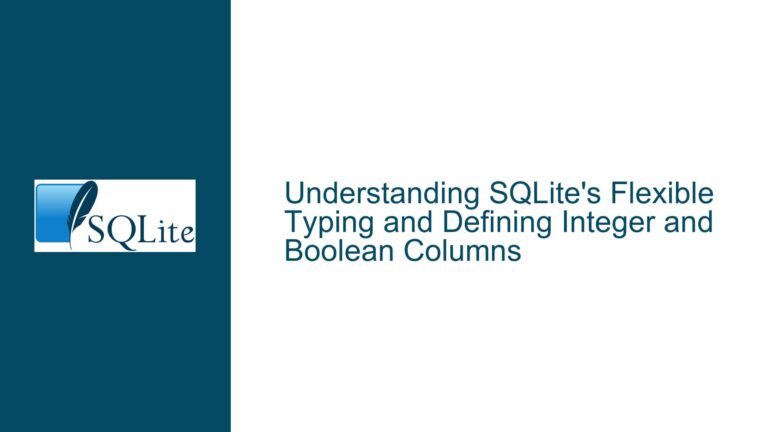SQLite Encryption with SEE: Transition Challenges and Solutions
SQLite Encryption Support Dropped in System.Data.SQLite 1.0.113 The removal of encryption support in System.Data.SQLite 1.0.113 has left many developers scrambling for alternatives. This change means that databases previously encrypted using the unofficial encryption API in System.Data.SQLite can no longer rely on this method for securing their data. The immediate concern is finding a robust, reliable,…









